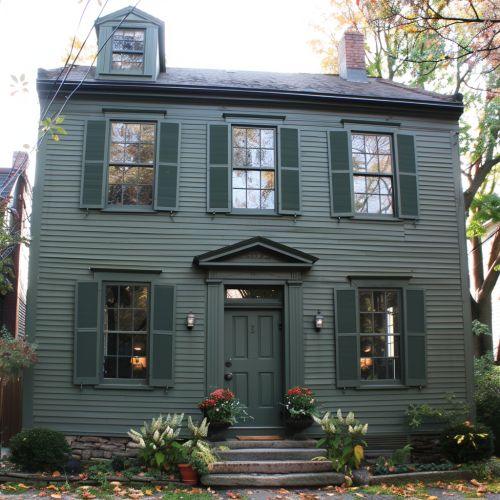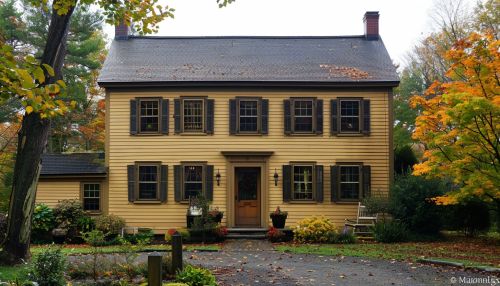Henry David Thoreau
Early Life
Henry David Thoreau was born on July 12, 1817, in Concord, a small rural town in northeastern Massachusetts. His father, John Thoreau, was a pencil maker, and his mother, Cynthia Dunbar Thoreau, was a homemaker. Thoreau was the third of four children.


Thoreau was educated locally until the age of 16, when he entered Harvard, where he studied classics and philosophy, among other subjects. He graduated in 1837.
Career
After graduating from Harvard, Thoreau returned to Concord, where he worked in his family's pencil factory. He soon became involved with the intellectual circle centered around Ralph Waldo Emerson, a prominent American philosopher, essayist, and poet. This group, known as the Transcendentalists, was deeply interested in nature and the human spirit's capacity for transcendence.
Thoreau began to write, and in 1841, he moved into Emerson's house and became his personal assistant. This period was a formative one for Thoreau, and he began to develop the ideas that would define his philosophy.
In 1845, Thoreau embarked on a two-year experiment in simple living, which he spent in a small cabin he built himself on the shores of Walden, near Concord. This experience formed the basis for his best-known work, Walden, which explores the idea of living simply and in close contact with nature.
Thoreau was also deeply involved in social and political issues of his time. He was an ardent abolitionist, and his essay "Civil Disobedience" has been influential in shaping political resistance movements worldwide.
Philosophy and Writings
Thoreau's philosophy is characterized by his belief in the primacy of the individual conscience and the value of nature. He saw society and its institutions as corrupt and believed that individuals should follow their own moral compasses. This belief is most clearly articulated in "Civil Disobedience," where Thoreau argues that individuals should not permit governments to overrule their conscience and that they have a duty to avoid allowing their acquiescence to enable the government to make them the agents of injustice.
Thoreau's love of nature and his advocacy for the preservation of the natural environment also form a significant part of his philosophy. In "Walden," he explores the idea of living simply and in harmony with nature. He saw nature as a source of truth and wisdom, and he advocated for conservation and respect for the natural world.
Death and Legacy
Thoreau died on May 6, 1862, in Concord. His writings and philosophy have had a significant impact on a variety of fields, including literature, philosophy, environmentalism, and political activism. His ideas about civil disobedience influenced figures such as Mahatma Gandhi and Martin Luther King Jr., and his writings on nature and conservation laid the groundwork for much of the modern environmental movement.
